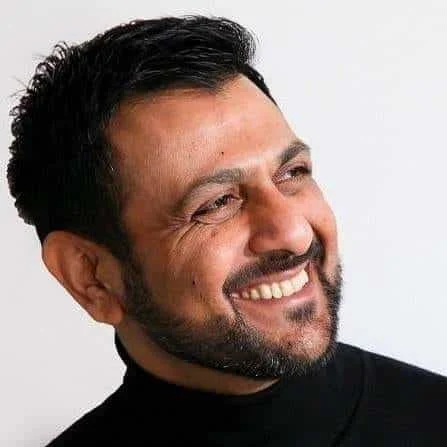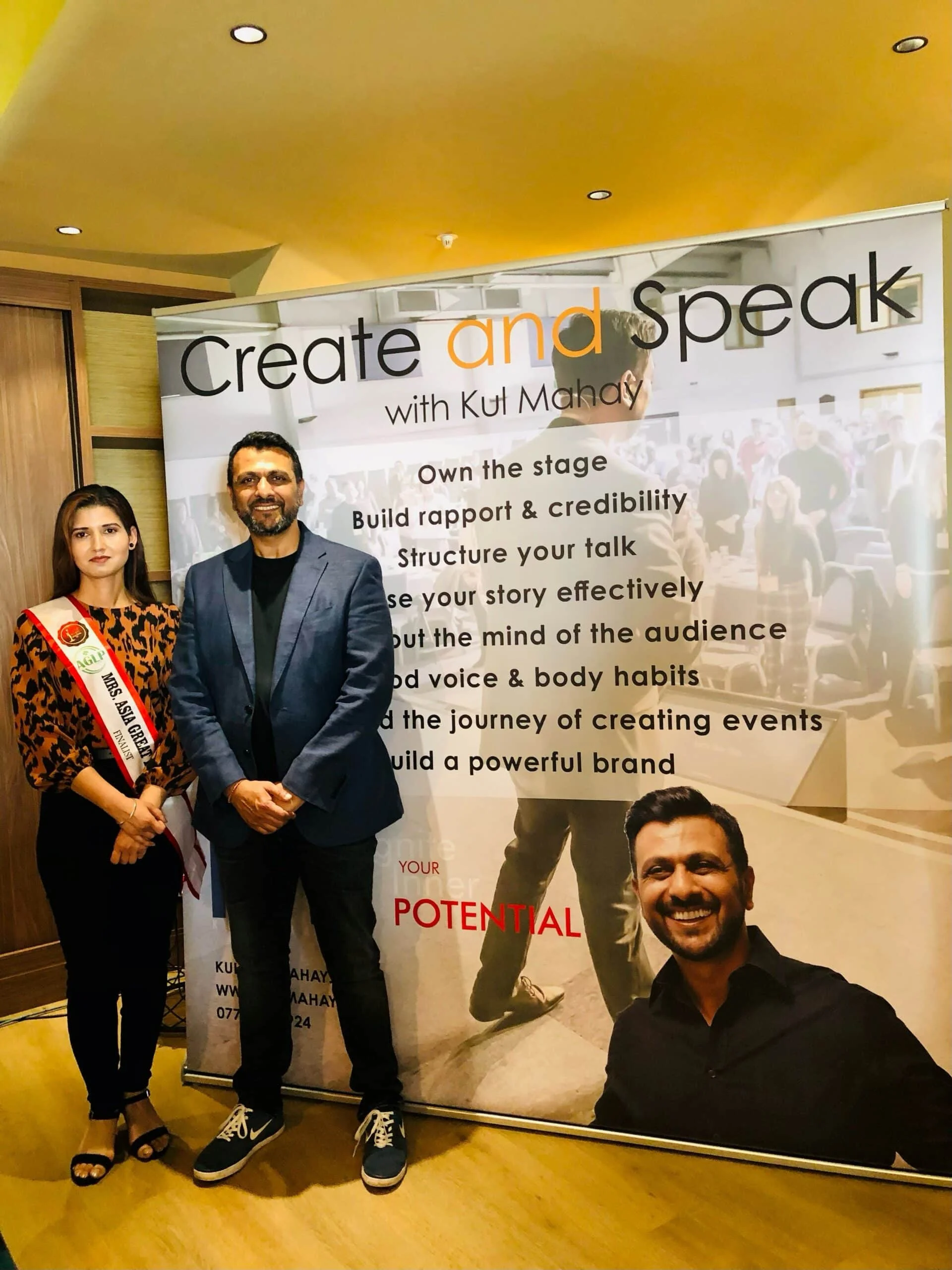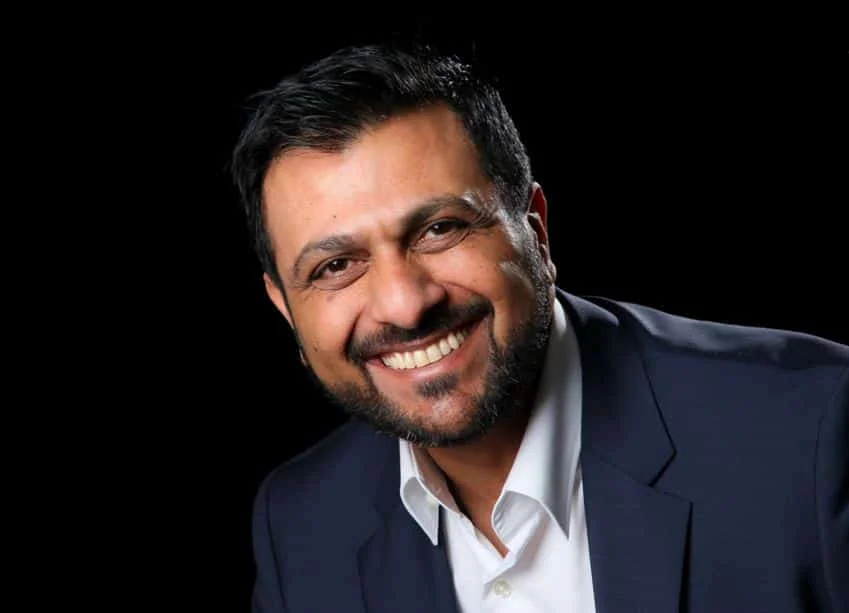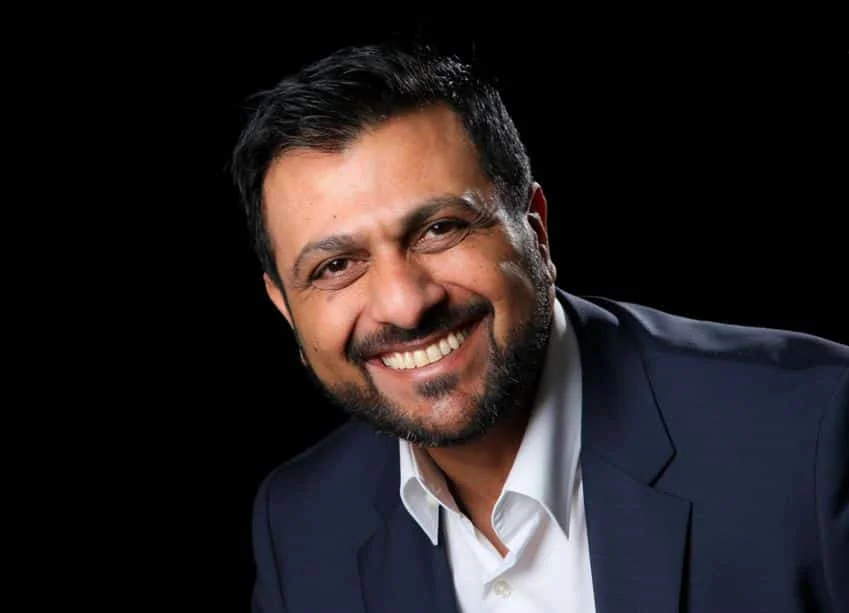A LEADING emotional intelligence expert says that organisations can learn from the failings of the Met Police, who have been condemned in a damning report into ‘canteen culture’.
Kul Mahay spent more than 30 years working for Derbyshire Constabulary and now works with a variety of organisations from the oil industry to police services, health care providers, local authorities, charities and universities.

Photo shows: Leadership expert, Kul Mahay
He believes that the Independent Office for Police Conduct’s report into the appaling conduct within the Met Police – in which shocking examples of racist language and bullying were uncovered – will be an eye-opener for many senior leaders, who may recognise similarities within their own organisations.
“The police service is in a very challenging position right now,” said Kul, “there have been a number of events and issues in recent history, including the murder of Sarah Everard and the Black Lives Matter protests following the death of George Floyd, that have created a real need for deeper conversations and action regarding workplace culture and values.”
Now is the time for leaders to build up the courage to finally challenge these long-standing cultures and to build the foundations of new, inclusive and emotionally-intelligent teams.
“If you want a vibrant, healthy culture within your organisation, where everyone can be seen and heard, you need a solid foundation of trust. Without this any change in management and, consequently your performance as an organisation, is compromised.
“The Met Police are legally obliged to make changes to their organisation. But others can learn from their failings and implement similar changes in order to succeed,” said Sal Naseem, the Regional Director for London for the Independent Office for Police Conduct (IOPC) who was interviewed by Kul for the latest episode of his Human Centred Leadership Podcast.
The watchdog conducted the report into failings by the Met Police and Sal reiterated the fact that a lack of supervision from senior officers in the Met allowed a “really, really toxic culture” to grow.
He said: “Toxic culture has festered over the year; it was like a fungus that had grown. The supervision wasn’t adequate.
“We also noticed that when people were trying to raise concerns, they weren’t being heard.
“The IOPC made 15 recommendations. We’ve recommended that the Met publically commit to becoming an anti-racists organisation, zero tollerance for sexism, misogony and harrasment and any form of bullying. Where victims come forward, that they’re supported and updated of the process through each step of the way.
“In order for any organisation to work successfully, it has to enjoy the trust and confidence of all its people; no matter where they come from, what protected charateristic they have or what culture or background they come from. If they don’t enjoy their trust and confidence from them then how can they represent and work with the diversity that exists in this country.
“We’re a diverse country and that’s a beautiful thing. For an organisation to say that they’re anti-racist or that they’re anti-bullying sends a really strong message – but it needs to be followed up with action.
“When senior leadership ‘gets’ it and understands what the key issues are, then trust flows down. It’s not what you say it’s what you do.”
Kul added: “In order to succeed, it is important that other organisations and leaders in other industries should be aware of the report and its findings and the pressing need to address the cultures that exist.
“In light of the Great Resignation, we will see more talent leaving those organisations who simply don’t invest in creating emotionally-intelligent cultures of inclusivity.
“The real challenge for leaders in HR is to influence organisations to embrace emotional intelligence as a key tool to eradicate canteen culture that alienate minority staff.
“This will not only help to retain talent, increase trust, improve communication but also drive performance across the organisation.”
Kul launched the Human Centred Leadership podcast last month and guests have included Andy Marsh, chief executive of the College of Policing, Scott Knowles – chief executive of the East Midlands Chamber – and Baasit Siddiqui; best known for being on Channel 4 TV show Gogglebox and founder of Siddiqui Education.
To download the full episode of the Human Centred Leadership podcast featuring Sal Naseem, click here: Human Centred Leadership Podcast with Kul Mahay on Apple Podcasts
ENDS
For further information please contact Kerry Ganly on 07734 723951 or email kerry@penguinpr.co.uk










